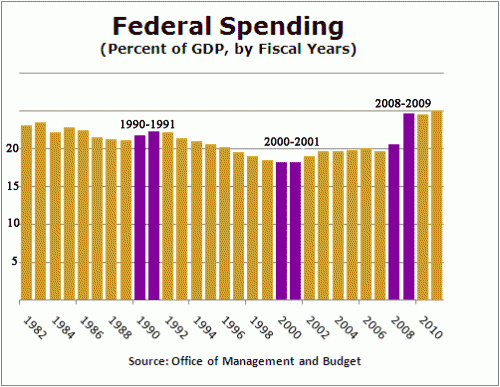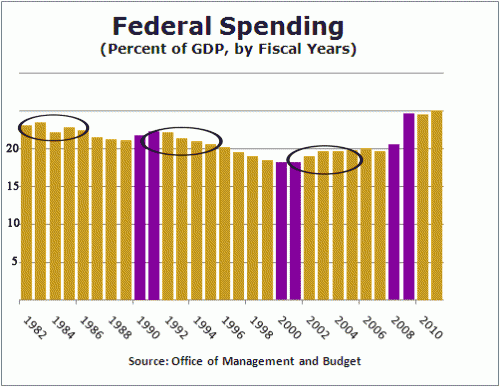As I Predicted 15 Years Ago, Indefinite Detentions at Gitmo Continue in the War that Never Ends
Sigh -- here is your update: Human beings are still being detained by the US government in Guantanamo without any due process. I was writing about this 15 years ago, but with the loss of some of my early content the earliest I can find is this from 2006. The problem always was our using US POW rules from past wars in this very different war. In the past, wars actually ran for what now seems like a limited time (though folks living through WWII would be surprised at that perspective). POW's for most part were captured in uniform and on a battlefield (or floating in the water after their ship sank). Nobody really had due process concerns as a) being in a German uniform in a Normandy pillbox on June 7 was pretty persuasive evidence one was an enemy combatant; b) the detained combatant was likely headed to Arkansas to harvest crops for a year or two, which was a FAR better place to be than where they were captured; c) when the war unambiguously ended, they went home.
But in our current AUMF and the "war on terror," where does it end? There are no uniforms. The battlefield as defined is the entire world. The power to detain human beings for the duration of the war allows the Administration to detain roughly anyone they way, without having to defend that decision, and keep them however long they want because only the Administration (or perhaps Congress if it had a spine) decides when the "war" is over.
I had hoped that the Supreme Court would take the opportunity to review this practice after so many years had passed. I think there were real reasons to ban this practice in 2004 when the Court reviewed this the first time, but at that time the war was relatively fresh and the detentions still shorter than other wartime POW internments. But what about now? Unfortunately, the Court declined to rethink their earlier position, despite hints in the original decision that matters might change if the "war" dragged on.
Today the Supreme Court declined an opportunity to examine whether it's still acceptable to hold enemy combatants in Guantanamo Bay at a time when Washington's interventions in Afghanistan and Iraq no longer resemble anything the U.S. was doing in the direct wake of 9/11.
Moath Hamza Ahmed al-Alwi, a Yemeni citizen, has been imprisoned in Guantanamo Bay since January 2002, when he was captured in Pakistan fleeing Afghanistan. He was initially accused of being a veteran terrorist combatant and a former Osama bin Laden bodyguard. Much later, in 2015, officials concluded he was most likely not a former bodyguard; while he was affiliated with Al Qaeda and the Taliban, it's unclear whether he was engaged in any sort of combat against the United States. He's one of 40 prisoners still detained there.
He's been sitting in Guantanamo Bay for 17 years, but the U.S. government has not charged him with any crimes. It doesn't appear to intend to charge him with anything, but it also refuses to release him, because the Authorization for Use of Military Force (AUMF) to wage war in Afghanistan and against the Taliban and al Qaeda remains in force.
In 2004's Hamdi v. Rumsfeld decision, the Supreme Court ruled that the AUMF authorized such detentions with an understanding that this authorization ended at the conclusion of the war. But even in 2004, the majority was cognizant of the possibility that this amorphous "war on terror" was likely to change over time. In the ruling, written by then-Justice Sandra Day O'Connor, it notes: "If the practical circumstances of a given conflict are entirely unlike those of the conflicts that informed the development of the law of war, that understanding may unravel. But that is not the situation we face as of this date."
I find Conservative support for these detentions frustrating in light of recent events. People across the political spectrum, but particularly Conservatives, were outraged that Harvard would terminate a dean merely because as a lawyer he chose to represent an unpopular client (Harvey Weinstein). They rightly argued that due process demands representation of every client, and that to make that work an attorney's moral standing can't be conflated with that of his clients. Or put another way, what a defendant allegedly did or did not do is irrelevant to what we owe them for due process. I think the same can be said of the folks left to die in Guantanamo.
But Coyote, they aren't American citizens! We don't owe them due process. Wrong. We do. Read the first words of the Declaration of Independence. Rights belong to all human beings -- they are not grudgingly granted by the Constitution to US Citizens only. There is nothing in what I call the extended Bill of Rights (including 13-15) that does not apply to everyone who walks the Earth and interacts with the US Government. Otherwise, as an extreme example, grabbing Africans and enslaving them would still be Constitutional.
But Coyote, no one wants these guys. Well, that is a different point and is NOT the current legal underpinning of their detention. I do understand it is politically impossible, and perhaps even unethical, to drop these folks in the US. If we free them all and no one will take them, then they may stay as our guests to try to live some kind of life at Guantanamo. But that is not the status they have today.
But Coyote, one of these guys may kill again. In general, the argument in favor of confining or keeping at a distance any group that probably contains future criminals is bankrupt. The argument exploded in popularity on the Right a while back with the Skittles immigration meme. The meme said something like if you had a thousand Skittles and knew one was poisoned, would you eat from the bag? And if not, why would you let in immigrant populations that likely include some future criminals. The problem with this is that if this argument really had moral weight, we would be equally required to ban sex or at least all births since some percentage of babies born will be criminals. At a higher level, our whole legal system is based on the presumption that it is better to err on the side of not punishing an actual criminal than on the side of punishing the innocent (which we still do a lot of nevertheless). This presumption of innocence is one of the key markers that separate us from totalitarian governments.





